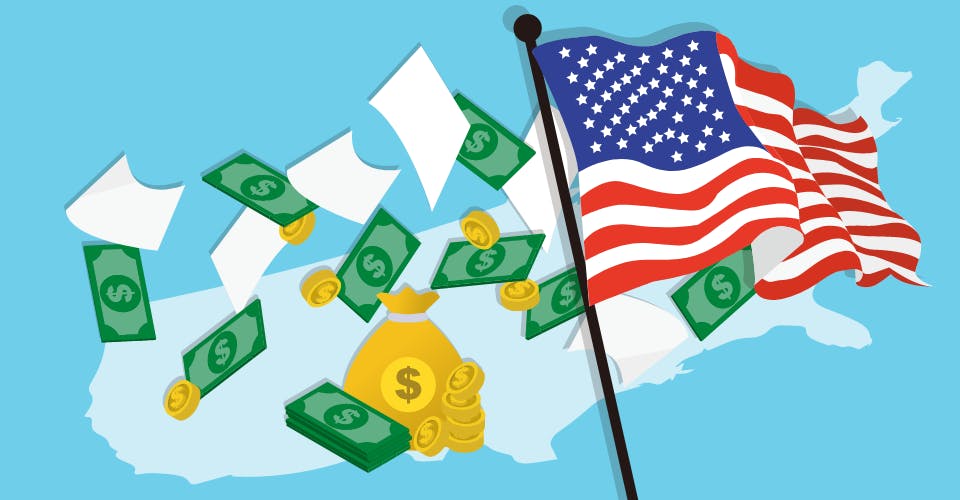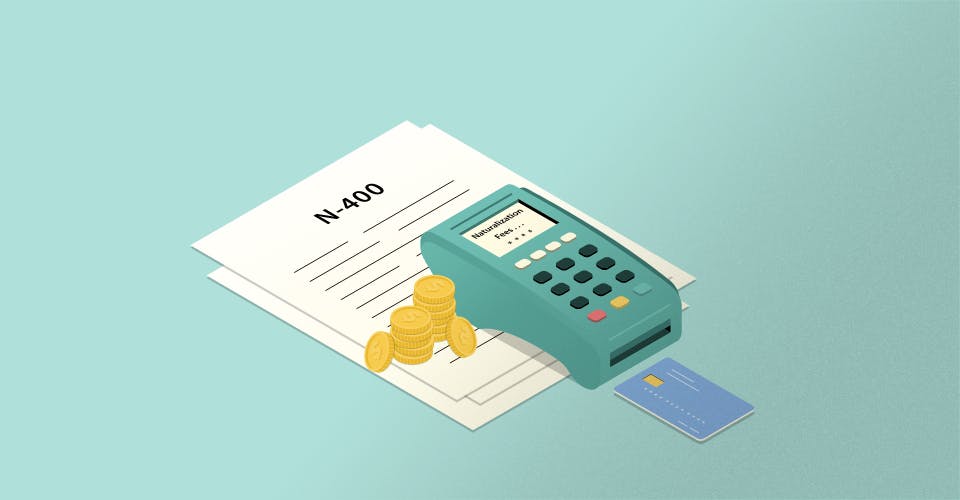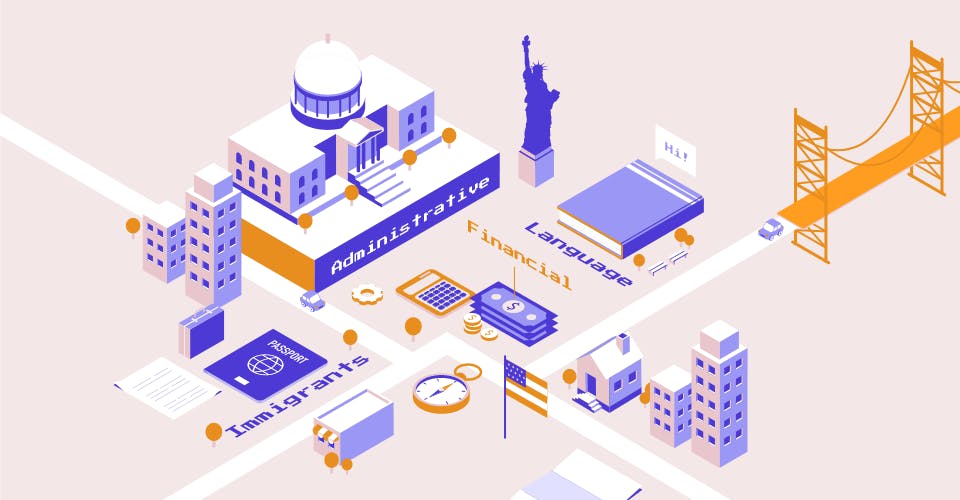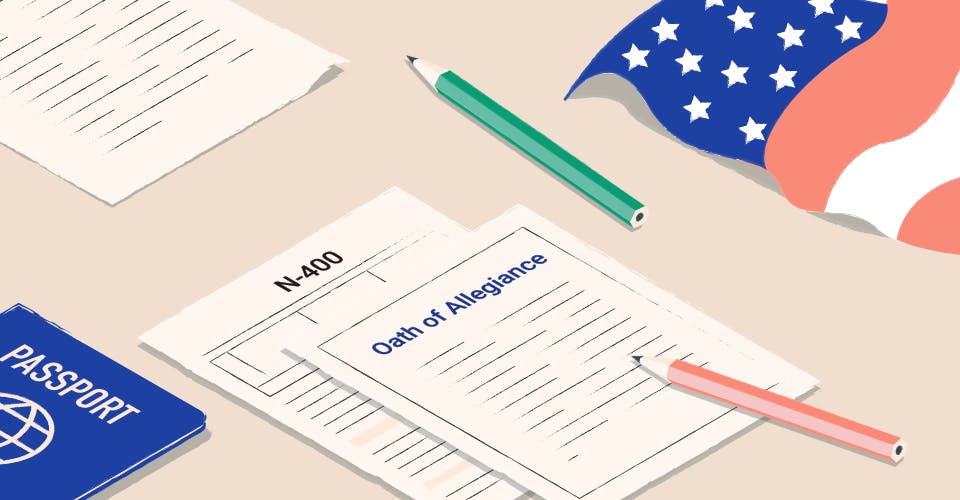Becoming a U.S. citizen takes a long time, not just because of the long application pages but mainly because of the waiting times, and the ability to stay employed, self-sufficient, and producing a sustainable income that will allow an immigrant to pay fees along the way.
While technically it is supposed to be a straightforward process, immigrants who have complicated histories or are having difficulty understanding all of the materials they need to present to immigration authorities and USCIS need to hire an immigration lawyer to make sense of their case and make sure there is no doubt as they move closer to becoming a U.S. citizen. This is especially the case for families who are unclear about what forms they need to fill out, and adjudicate, when they have relatives who are already in the United States or in their country of origin looking to make their way to the U.S.
Naturalization often bears the cost of bringing the whole family on board.
In addition, lawyer fees might differ slightly, but usually are in at least the thousands of dollars range, which means immigrants need to figure out ways to make enough money to afford their lifestyle in the United States (such as paying rent and medical bills) while also being able to move along with their application process through the guidance of a lawyer.
But many immigrants who come to the United States are not wealthy and work labor jobs as a means for supporting themselves. For example, about two thirds of agricultural workers in the American West are from Latin America, many of whom are undocumented and trying to build up capital before they begin such an expensive process (the green card has to happen first, which is also an expensive process).
The naturalization application fee is $725 (including the $85 biometric services fee), but this does not include some other fees such as previous adjustment of status and also the lawyer as mentioned. Basically, becoming a U.S. citizen can be a lengthy process in which entire families take on debt trying to make their case for naturalization.
Remittances
In the middle of the application process, another unforeseen cost is common too, a loss of remittances to families who have a relative living in the United States. In fact, The World Bank estimates that global remittances to low- and middle-income countries will fall 20 percent overall this year from a year earlier—an overall decrease of more than $100 billion. In 2017, for example, remittances from the United States accounted for 18 percent of gross domestic product (GDP) in El Salvador and Haiti, and 10 percent in Guatemala.
Today, with the looming Covid-19 crisis, individuals who work in some sectors such as agriculture, hospitality and food service, and construction, and are in the middle of their naturalization process but facing new obstacles due to Covid-19 and a contracted economy. We have already seen how workers are getting laid off everywhere and some of the most vulnerable are immigrants who often have no formal protection or safety nets. This ultimately leads to a scenario where close relatives who depend on remittances from the United States are no in a period where such remittances are drying up for the time being, until the economy rebounds fully.
The Cost of Commitment
Besides the naturalization fees, it should also go without saying that those who have made it this far in the process are already committed individuals in the United States. In a lawsuit against changing waiver rules, a Boston law firm stated earlier this year, “Immigrants who are eligible to complete the naturalization process are, by definition, individuals whom the government has found to be eligible for permanent resident status, and whom have shown a deep love and commitment to this country, and have deep roots in our communities”.
In other words, the criteria that is demanded by Congress and the USCIS to become a naturalized citizen has more to do with good moral character and much less to do with an individual’s wealth or social status.
That’s why the current cost of commitment to the United States in the naturalization process is one that is perhaps unjust. LPRs with limited financial means have previously been able to waive the naturalization fees if they show evidence as qualifying for food stamps (SNAP), Supplementary Security Income (SSI), or Temporary Assistance for Needy Families (TANF). New rules and regulations however threaten the commitment immigrants have made to the United States however. It should be known for those looking to go through the naturalization process that such barriers exist, and often come at a certain cost of application.














